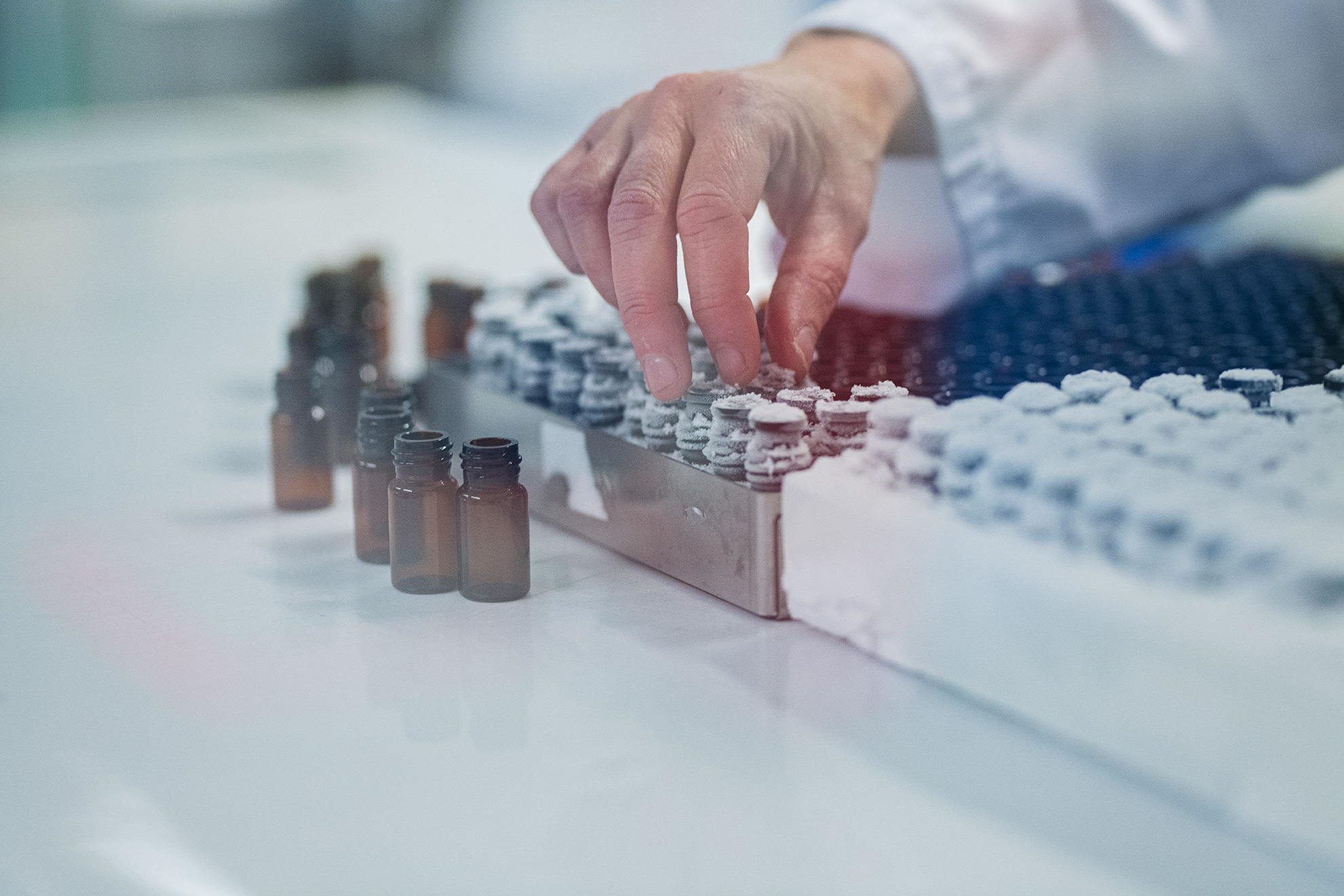No effect of rifaximin on soluble CD163, mannose receptor or type III and IV neoepitope collagen markers in decompensated cirrhosis: Results from a randomized, placebo controlled trial.
Abstract
BACKGROUND AND AIMS
Macrophages play a significant role in chronic liver disease as reflected by elevated soluble (s)CD163 and mannose receptor (sMR) levels and associated with liver disease severity and prognosis. Extracellular matrix remodelling associated with fibrogenesis may be affected by systemic inflammation induced by bacterial translocation. Therefore, we aimed to investigate the effect of rifaximin-α, an antibiotic with effect on gut bacteria, on sCD163, sMR, and collagen metabolites.
METHODS
Fifty-four clinically stable patients with decompensated cirrhosis were randomized to 4 weeks treatment with rifaximin-α (n = 36) or placebo (n = 18). Macrophage markers sCD163, sMR and markers of collagen fibrogenesis (C3M and C4M) and formation (PRO-C3 and P4NPS7) were analysed in plasma before and after treatment.
RESULTS
sCD163 and sMR levels were associated with liver disease severity (MELD score, sCD163 rho = 0.47, p 5.9 μg/ml, 38 patients) there was no effect of rifaximin-α on sCD163 (p = 0.49) or sMR levels (p = 0.32).
CONCLUSION
We confirmed that macrophage activation markers sCD163 and sMR are directly associated to liver disease severity (MELD score). However, rifaximin-α has no effect on sCD163, sMR or collagen markers in decompensated cirrhosis and does therefore not seem to interfere with macrophage activation or fibrogenesis.



